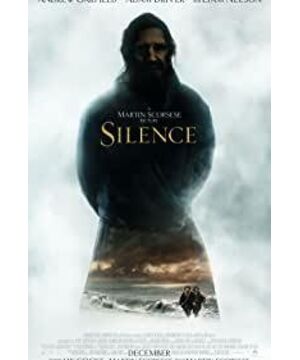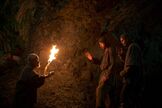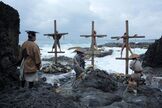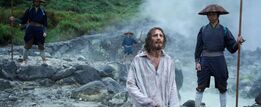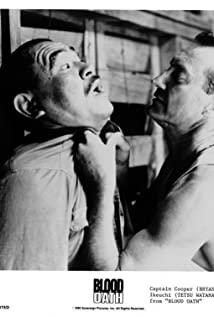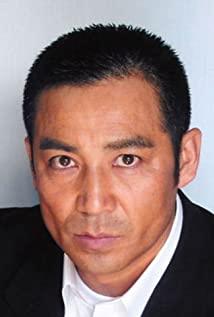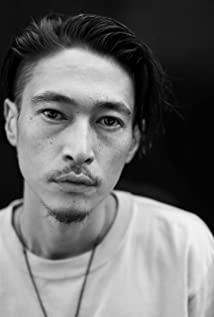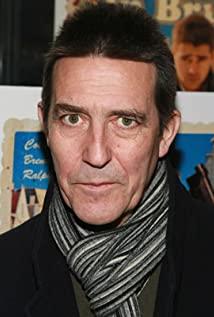The plot is quite magical. From the beginning to the end, there is no explanation of the Catholic faith. Those who are not familiar with the religious conditions in the 16th century may be confused. The Catholic Church reached its peak in the 16th century in Japan, with about 650,000 followers. Even Oda Nobunaga was a pagan at that time and he tolerated the existence of Catholicism. It was not until the death of Oda Nobunaga and the regency of General Toyotomi Hideyoshi that he issued the "Padre (Fr.) Follow-up Order" to officially ban Catholicism. The later story of this film appeared. , And Father Luís Fróis, who was regarded as apostate in the film, survived because of his apostasy, and failed to become a martyr saint. Strictly speaking, he is the recorder of this period of history.
But why did Toyotomi Hideyoshi ban Catholicism? In fact, it has something to do with these European businessmen abducting and selling Japanese to become slaves (Indians, Filipinos, etc. are all abducted under this system). The spread of Catholicism actually has the power to control the local people, and it is indeed a threat to rule. It even happened. The story of the four concubines mentioned in the play is actually the actual story of Toyotomi Hideyoshi's encounter with a religious person who does not want to become his concubine.
The movie will limit this kind of struggle to Japan, but forget that Europe in the 16th century at the same time is where the real religious wars are. The internal fighting of Catholicism can kill you to death. Of course, when the power is extremely unstable, it cannot be effectively exported overseas. Military force is the only way for the "two-man army" in the movie to enter Japan, and it was produced as the last batch of conditions. I think this indirectly caused the difficulty of missions. After all, the resources behind missionaries still affect missions. The important key to the layout.
It’s just that what this film discusses seems to be related to loyalty, but it doesn’t discuss faith itself, so the most fantastic scene I saw was that Father Sebastião Rodrigues saw the reflection in the river and Jesus was actually Jesus. I felt that the fear of apostasy was actually a bit realized. It has something to do with the denial of self-personality. In the past, he was a belief. Other people’s piety to Catholicism can give him power, but now to abandon the belief in the unity of man and God in himself, it will make him almost hollowed out and mad. He was so scared, and the Japanese authorities used progressive persecution to enable him to apostasy. These torture methods essentially made him doubt his faith. After all, the people he was supposed to redeem were now because of "he "(The priest) died without apostasy. This is a complex that is full of contradictions.
Of course, this is a struggle between the powers. A partial view will be the struggle between priests and adults, but looking behind it is the territory of the entire Japanese power. Later, it is mentioned in the play that only the Dutch can enter Japan and take charge of import and export trade. In fact, it is also the export of Dutch culture indirectly. Japan’s western medicine system, also known as orchid medicine, is the result of the Netherlands’ ability to maintain port trade. I think the ban on religion is also a form of declaring sovereignty. After all, economic benefits are Substantively affect the political situation and the possibility of using culture and ideology to invade other countries.
Redemption and seeking the way are just another way out of the rigors of real life (going to heaven after death), then the positive significance of this religion in this world will disappear, and it will only provide a placebo to those people who are living under oppression. There is no way. To actually solve the problem, whether it is the Shogunate or the Catholicism, it is only cooperation with each other. Changing Catholicism to Buddhism is to facilitate the operation of the Shogunate, but don't forget that Buddhism is also foreign, but it takes a long time to internalize.
Simultaneously published on personal blog
View more about Silence reviews


